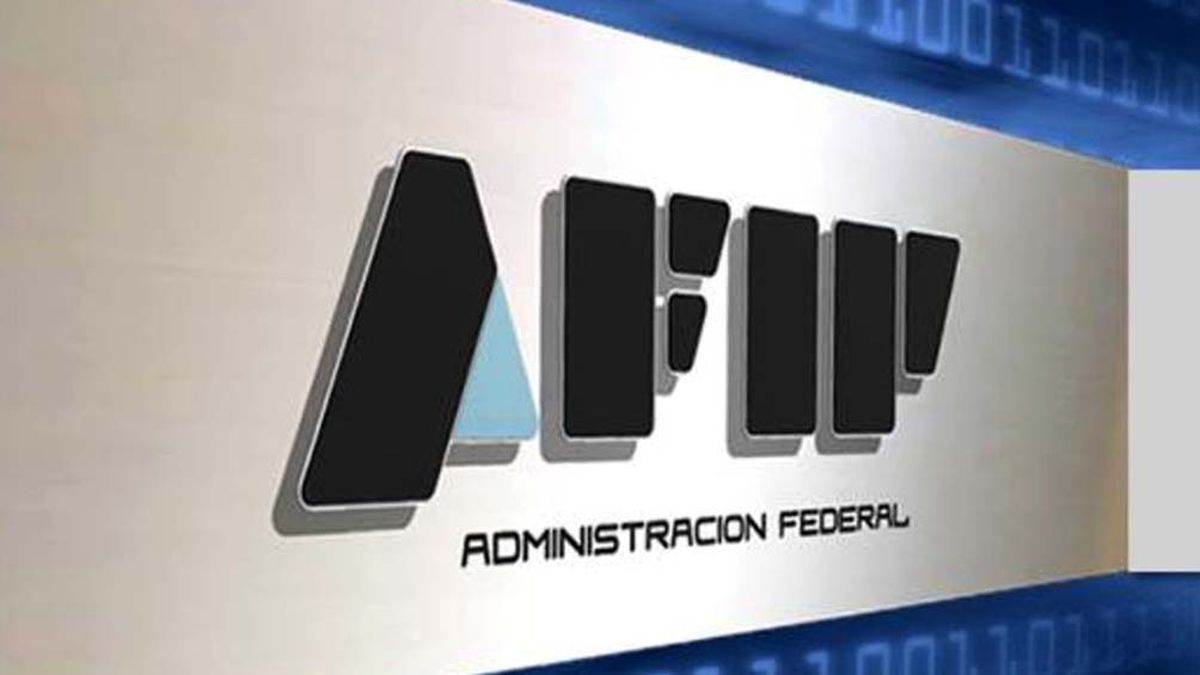The Federal Administration of Public Revenues (AFIP) will begin to charge taxpayers the tax moratorium fees in force with increases that can reach 300% due to the fact that from April 1 the Badlar rate entered into force as an adjustment index.
Its about payment plan that was approved in December 2019 together with the package of emergency measures that the government of Alberto Fernández sent to Congress just took office. It is the remembered Law of Social Solidarity and Productive Reactivation. The moratorium that included that package was later extended by another law in November 2021.
As Ámbito was able to find out in the Argentine Confederation of Medium Enterprises (CAME), the change is generating a lot of concern among entrepreneurs in the SME sector, due to the sharp jump that they will experience when the next 16 quotas begin to expire.
The rule established that once the plan was launched, in the first 12 installments the adjustment rate would be 1.5% per month, to then adopt the Badlar rate., which is what private banks pay for fixed terms of more than $1 million. That first term closed on March 31.
Now the moratorium quotas will be adjusted based on the new market index. The reason for using market indices is to prevent companies from financing themselves with the AFIP. If the interest rate charged by the agency is much lower than those offered by banks, companies are late with payments.
The Badlar rate, according to the Central Bank page, is 71.84% nominal per year, which is equivalent to just over 100% effective per year. This implies that the value of the quotas will almost triple in the next maturities in April.
Sebastián Domínguez, from SDC Asesores Tributarios, pointed out that “the payments of the 120 installment plans increase approximately 285% and those with fewer quotas will also suffer significant increases”. “The economy is still in trouble with inflation above 100% year-on-year, a recession is expected for 2023, droughts and a lack of dollars, among other problems. In this environment, many SMEs will receive a new blow,” said the tax official.
For example, in the case of a company that regularized a debt of $1.2 million and that had been paying about $25,000 per month, from now on it will pay $75,000. If a taxpayer regularized $68,000 in 68 installments, it will go from $1,850 to $4,400, according to Domínguez.
The professional said that “although the BADLAR rate for private banks of 70% is less than current annual inflation, the problem is that the installments of the payment plans are practically tripling in their values and companies in this crisis situation will have problems being able to cancel them”.
Although It is not a measure arranged on purpose by the AFIP with the aim of increasing its income, in practice it will work that way. It is complemented by the recent decision to suspend the exclusions of the VAT and Profit perception regime for importers, with which it seeks to raise $1 billion.
The AFIP also ordered the collection of VAT perceptions for commercial companies that mediate food, beverages and mass consumption products, and added the collection of VAT for sales through digital platforms, which the companies supplying the products will have to withhold. services through their portals.
Source: Ambito




